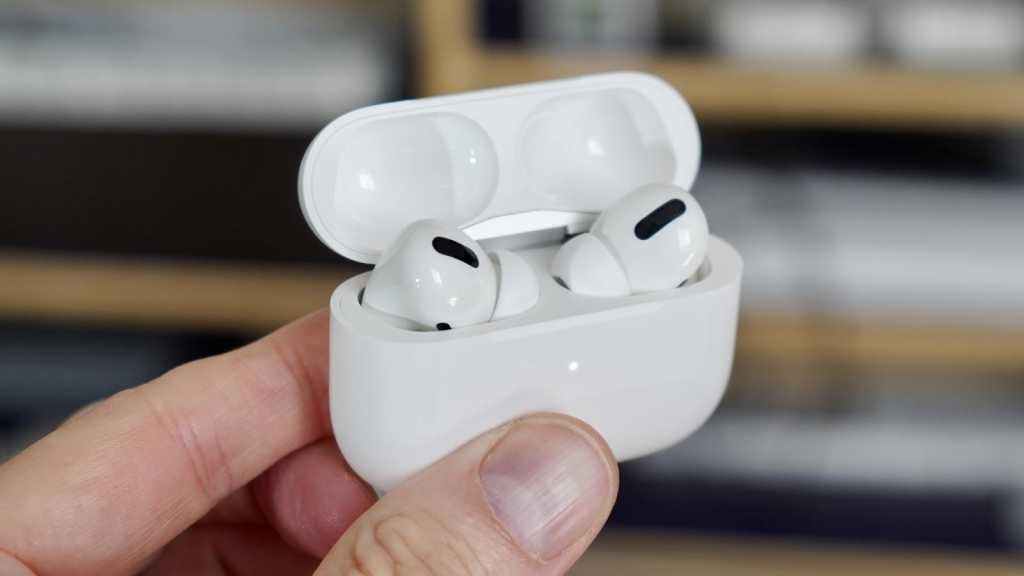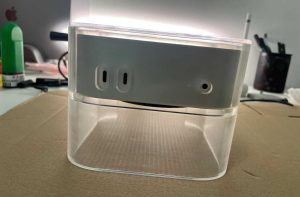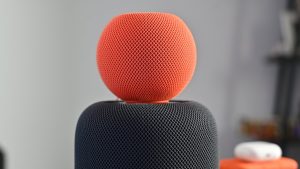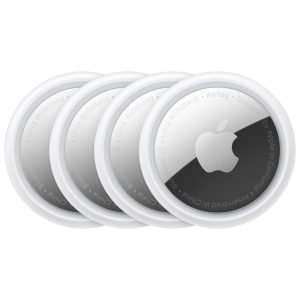
A class-action lawsuit filed this month accuses Apple of misleading AirPods Pro customers and failing adequately to address an audio defect reported shortly after the product’s launch in 2019.
The suit (via ClassAction.org) focuses on two seemingly widespread problems with the 1st-gen AirPods Pro: unwanted crackling sounds, and the failure of Active Noise Cancellation to work correctly. These issues were publicized within months of release, but it took Apple almost a year to address them with a service program offering to replace units made before October 2020, free of charge.
Apple’s own support document acknowledges that affected units could exhibit “crackling or static sounds that increase in loud environments, with exercise or while talking on the phone” and “Active Noise Cancellation not working as expected, such as a loss of bass sound, or an increase in background sounds, such as street or airplane noise.”
A happy ending, then? Not quite. The theory was that AirPods Pro made after October 2020 would not be affected by the audio defect because Apple’s engineers had solved the problem, which is why such units were not eligible for a free replacement. But according to the lawsuit, they had not solved it at all.
“…The replacement set of AirPods Pro Gen 1 contained the same Audio Defect,” claims the lawsuit. “In other words, those users simply received another defective set of AirPods Pro Gen 1, with many users later experiencing the Audio Defect with the defective replacement set as well.”
It adds that microscopic examination of AirPods Pro units sold before and after October 2020 “reveals that there are no significant component differences.” Although Apple reportedly experimented with different microphones in 2020, this did not impact the defect and was subsequently reverted.
Apple’s own actions at the time are ambiguous, but may to some extent corroborate the plaintiffs’ claims. First, while it never extended the service program to cover AirPods Pro made after October 2020, it did give consumers an extra year to make claims, suggesting it was aware that complaints were continuing. (The lawsuit flatly insists that Apple “extended the program because it knew it could not fix the problem.” However, the extension only gave consumers more time to claim on the pre-October 2020 units that would not in any case have been affected by Apple’s attempted fixes, successful or not.)
Furthermore, Apple changed the audio design for the 2nd-gen AirPods Pro launched in September 2022, a decision the plaintiffs interpret as a giveaway that the company knew the 1st-gen model was fatally flawed and needed to be overhauled. “In particular,” the suit claims, “Apple appears to have attempted to solve the AirPods Pro Gen 1’s Audio Defect in the redesign of AirPods Pro Gen 2 by (i) increasing the processing speed of the DSP processor (responsible for noise canceling or decreasing background ambient noise), and by (ii) redesigning the speakers to add angular striations along its periphery to improve low frequency (base tone) response.”
It’s a long and complicated saga, but the lawsuit’s argument boils down to four central allegations:
- Apple knew that the 1st-gen AirPods Pro were faulty and that it couldn’t fix the problem without a redesign.
- The service program was inadequate because it failed to cover post-October 2020 units, which were also subject to the defect and replaced defective units with other defective units.
- Apple failed to contact owners of defective AirPods Pro to notify them they were entitled to a replacement.
- Apple continued to knowingly sell faulty AirPods Pro units at a premium price right up to 2022 and made false claims about their audio capabilities in its marketing material.
At this point, the class-action lawsuit is at the filing stage. But at some point in the future, if the suit is successful, readers who owned a set of 1st-gen AirPods Pro may be entitled to compensation.




